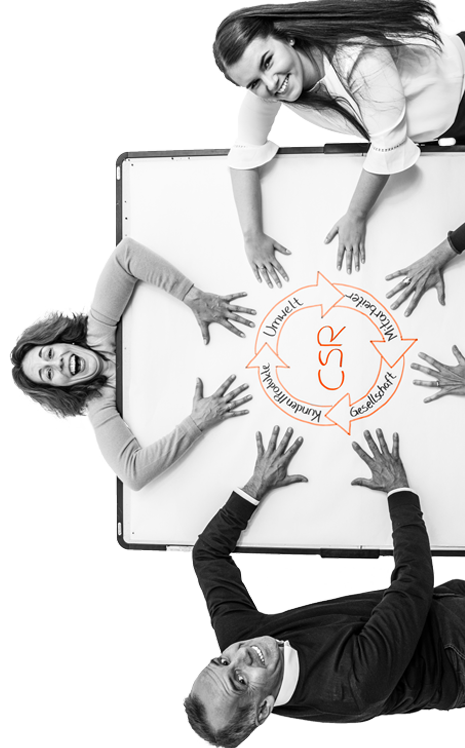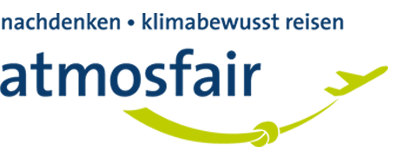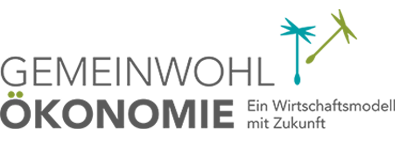

Was wir machen
Wir bringen Menschen zusammen und begleiten Unternehmen mit Kompetenz und Leidenschaft
Wir bieten umfassende Dienstleistungen für:

Mit unseren Trainern und Beratern haben wir die richtige Mischung aus alten Hasen und jungen Wilden. Mit Herz und Verstand entwickeln wir auf der strategischen Ebene und für einzelne Kernprozesse gemeinsam individuelle Lösungen auf höchstem Niveau. Zudem stellen wir vielfältig praxiserprobte und flexible Bausteine zur Verfügung.
Oberste Priorität hat für uns – neben der Qualität unserer Leistungen und Produkte - eine menschliche und vertrauensvolle Beziehung zu unseren Kunden.
Auswahl beliebter Instrumente
Interesse an unseren Instrumenten und Lösungen?
Möchten Sie geeignete Mitarbeiter, Führungskräfte oder Azubis finden, Ihre Mitarbeiter besser einschätzen können oder Talente fördern?
Für eine individuelle und kostenfreie Beratung zu unserer Test- oder Interview-Suite füllen Sie bitte den folgenden kurzen Fragebogen aus:



CSR
Unsere gesellschaftliche Verantwortung als Teil des nachhaltigen Wirtschaftens.
Seit 2010 beschäftigt sich die INFO GmbH verstärkt mit dem Thema Corporate Social Responsibility (CSR) bzw. Nachhaltigkeit im eigenen Unternehmen. Neben Maßnahmen wie dem betrieblichen Gesundheitsmanagement, dem bewussten Einkauf nach Nachhaltigkeitskriterien und einer konservativen Finanzstrategie, ist es uns über Spendenaktionen hinaus wichtig, uns auch persönlich zu engagieren.
Unser Verständnis
Wir möchten nachhaltig agieren, indem wir unsere ökonomischen Ziele in einer Art und Weise verfolgen, die das Gemeinwohl stärkt und die natürlichen Ressourcen schützt.
Spendenaktionen
Als Teil der gesellschaftlichen Verantwortung unterstützen wir jährlich ausgewählte gemeinnützige Organisationen auch finanziell.
Aktivitäten
Wir bieten in jedem Jahr ausgewählten gemeinnützigen Organisationen aus dem sozialen oder ökologischen Bereich, die Möglichkeit einer kostenlosen Beratung oder Weiterbildung.
Gemeinwohlökonomie
Soziale und ökologische Marktwirtschaft, die sich am Wohle aller orientiert, statt an einseitiger Gewinnmaximierung zulasten der Umwelt und zugunsten einiger weniger.






